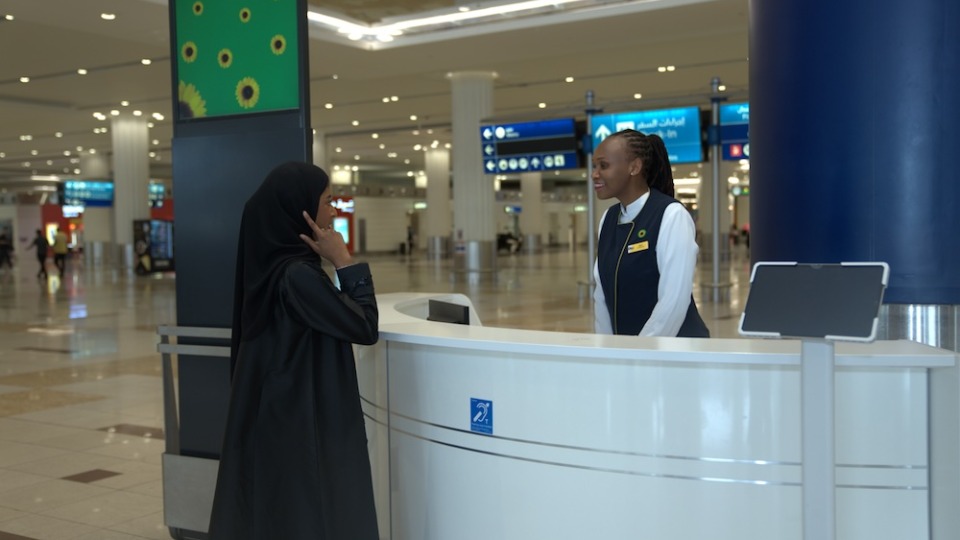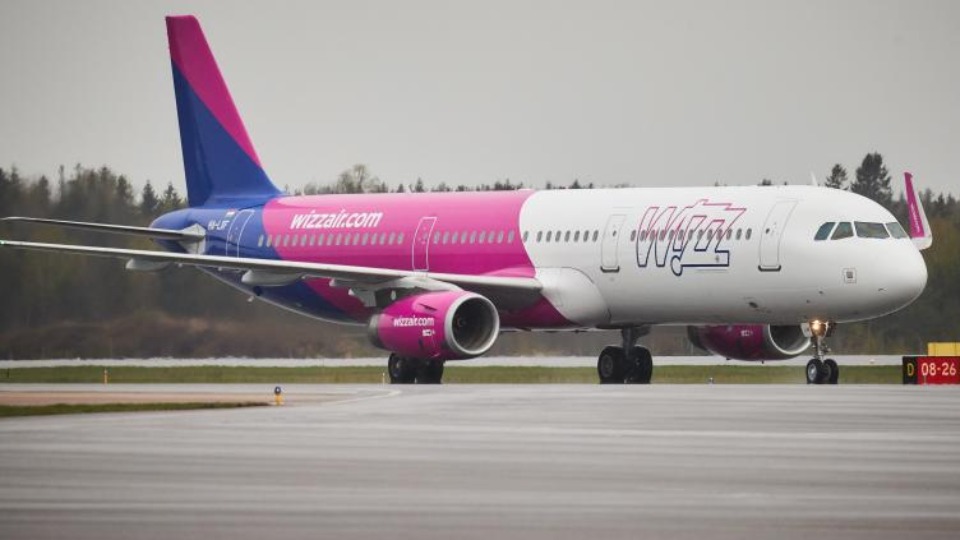
Gold rush tourism for Nazi 'Gold Train' town Walbrzych
Destinations

The train, suspected to be loaded with gold and jewels, is believed to be hidden in one
of the tunnels of former coal mining in Walbrzych city in Poland
At the end of world war II, German troops are believed to have stored the train in one of the
coal mine tunnels. While some believe it holds a treasure, others speculate it contains
weapons or bombs.
As two amateur treasure-hunters reported in August that they had discovered the train
location, the city of Walbrzuch in Poland knew an unprecedented surge of tourists. Treasure-
hunters included.
The train story boosted local tourism in a matter of only a month, as local historian Mateusz
Mykytyszyn declared for the BBC:
"Loch Ness is famous for a monster never found. This is like our Loch Ness monster.
"We have been hoping to become a tourist town since the mines closed in the 1990s and it
happened over one month because of the train story.
"I've spoken with restaurant owners, taxi drivers, tour operators and they have l seen a huge
rise in interest. Definitely it is a different town."
The Walbrzych mystery and the dark history of Nazi occupation brought together curious
tourist and treasure-hunters that hope to also find WW II artifacts here.
"The train is still underground but city already has the gold!", said German treasure-hunter
Andreas Richter, as this train quest already had a big advertisement effect for the city. No
matter if the treasure will be found or not, the city finally got the attention it deserved, as local
historian, Mateusz Mykytyszyn also explains:
"Look at El Dorado. It is famous for gold never found, but has a lasting fame. Our beauty of
mystery and history and or secrets of our past are now disclosed to the world and we are very
happy. It's like a new era for Walbrzych and the area.
"Our town has 700 years of history and we were at a stop light until the train story. The
interest in Walbrzych will stay now because there is so much to see here.
"We must always remember the tunnels here were built on the blood and tears of the
Holocaust victims and we should never forget that."
of the tunnels of former coal mining in Walbrzych city in Poland
At the end of world war II, German troops are believed to have stored the train in one of the
coal mine tunnels. While some believe it holds a treasure, others speculate it contains
weapons or bombs.
As two amateur treasure-hunters reported in August that they had discovered the train
location, the city of Walbrzuch in Poland knew an unprecedented surge of tourists. Treasure-
hunters included.
The train story boosted local tourism in a matter of only a month, as local historian Mateusz
Mykytyszyn declared for the BBC:
"Loch Ness is famous for a monster never found. This is like our Loch Ness monster.
"We have been hoping to become a tourist town since the mines closed in the 1990s and it
happened over one month because of the train story.
"I've spoken with restaurant owners, taxi drivers, tour operators and they have l seen a huge
rise in interest. Definitely it is a different town."
The Walbrzych mystery and the dark history of Nazi occupation brought together curious
tourist and treasure-hunters that hope to also find WW II artifacts here.
"The train is still underground but city already has the gold!", said German treasure-hunter
Andreas Richter, as this train quest already had a big advertisement effect for the city. No
matter if the treasure will be found or not, the city finally got the attention it deserved, as local
historian, Mateusz Mykytyszyn also explains:
"Look at El Dorado. It is famous for gold never found, but has a lasting fame. Our beauty of
mystery and history and or secrets of our past are now disclosed to the world and we are very
happy. It's like a new era for Walbrzych and the area.
"Our town has 700 years of history and we were at a stop light until the train story. The
interest in Walbrzych will stay now because there is so much to see here.
"We must always remember the tunnels here were built on the blood and tears of the
Holocaust victims and we should never forget that."








